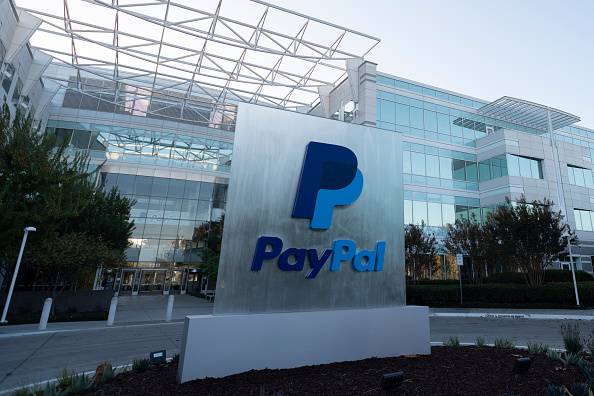PayPal will no longer charge customers fees for late payments on Buy Now Pay Later (BNPL) globally. The US digital payments company announced the change starting in October in the US, UK and France. PayPal’s BNPL services are already commission-free for delays in Germany and Australia. “We thought late fees were hindering the customer experience,” Greg Lisiewski, PayPal’s vice president of Global Pay Later Products, said in an interview.
Asked if there was a risk that the overdue tax cut would encourage more consumers not to pay their loans, Lisiewski dismissed the problem by stating that he does not expect to see such a development (PayPal does not disclose default rates on BNPL purchases. ).
Since launching the service last year, PayPal has been processing more than $ 3.5 billion in total payment volume through BNPL products. More than 7 million consumers have used the products.
BNPL services threaten credit card giants
BNPL services, which allow consumers to split payments for purchases into installments, grew globally during the pandemic. In practice, you can book a cruise or even just buy a sweater without having to pay the full price in advance. The use of BNPL exploded during the pandemic coinciding with the increasingly widespread use of ecommerce for purchases.
Square, a payments company led by the CEO of Twitter Jack Dorsey, has recently acquired the Australian company BNPL Afterpay Ltd for $ 29 billion.
Australia is precisely one of the countries where the ‘buy now, pay little’ is becoming more popular with the parallel decline in the use of credit cards (almost one and a half million fewer in circulation from January 2020 to May 2021 according to Finder’s 2021 report). The Australian cross-section shows that credit cards are not very widespread among young people (38% in the 18-25 age group) compared to 69% among the over 65s.
Dorsey in the wake of the acquisition of Afterpay indicated its intention to “making the financial system more equitable, accessible and inclusive “.
There is no shortage of potential contraindications. If on the one hand the payment in installments of zero-interest purchases has a great charm, even more so if there are no fees for late payments, on the other hand they could induce you to spend more than you actually have, going to cover more desires and not for needs. They also make tracking expenses considerably more difficult if it’s something you’re striving for or if you’re sticking to a monthly budget to stay on track.
